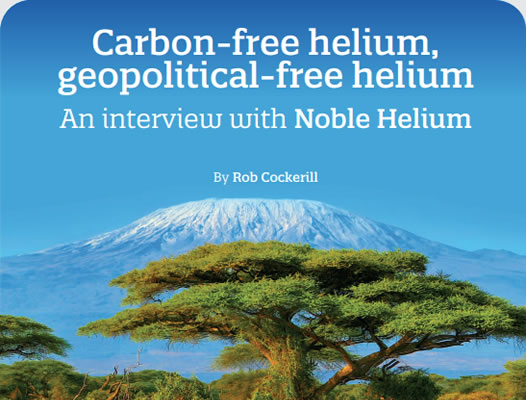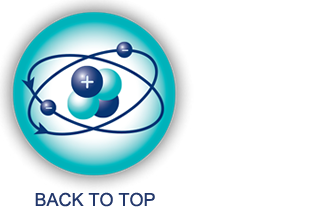
Gasworld Gasworld discusses the recently announced EU sanctions banning the import of Russian helium, effective September 26, 2024. The sanctions underscore the fragility of the helium supply chain and the urgent need for diversified sources. Noble’s Mbelele Prospect has the potential to tick all the boxes for successful commercialisation and be part of the solution to securing the world’s helium future. While the full impact of the sanctions is still unclear, with Russia accounting for approximately 12-13% of the global helium supply, the EU’s sanctions have the potential to create a supply gap that will require a diversified solution.









